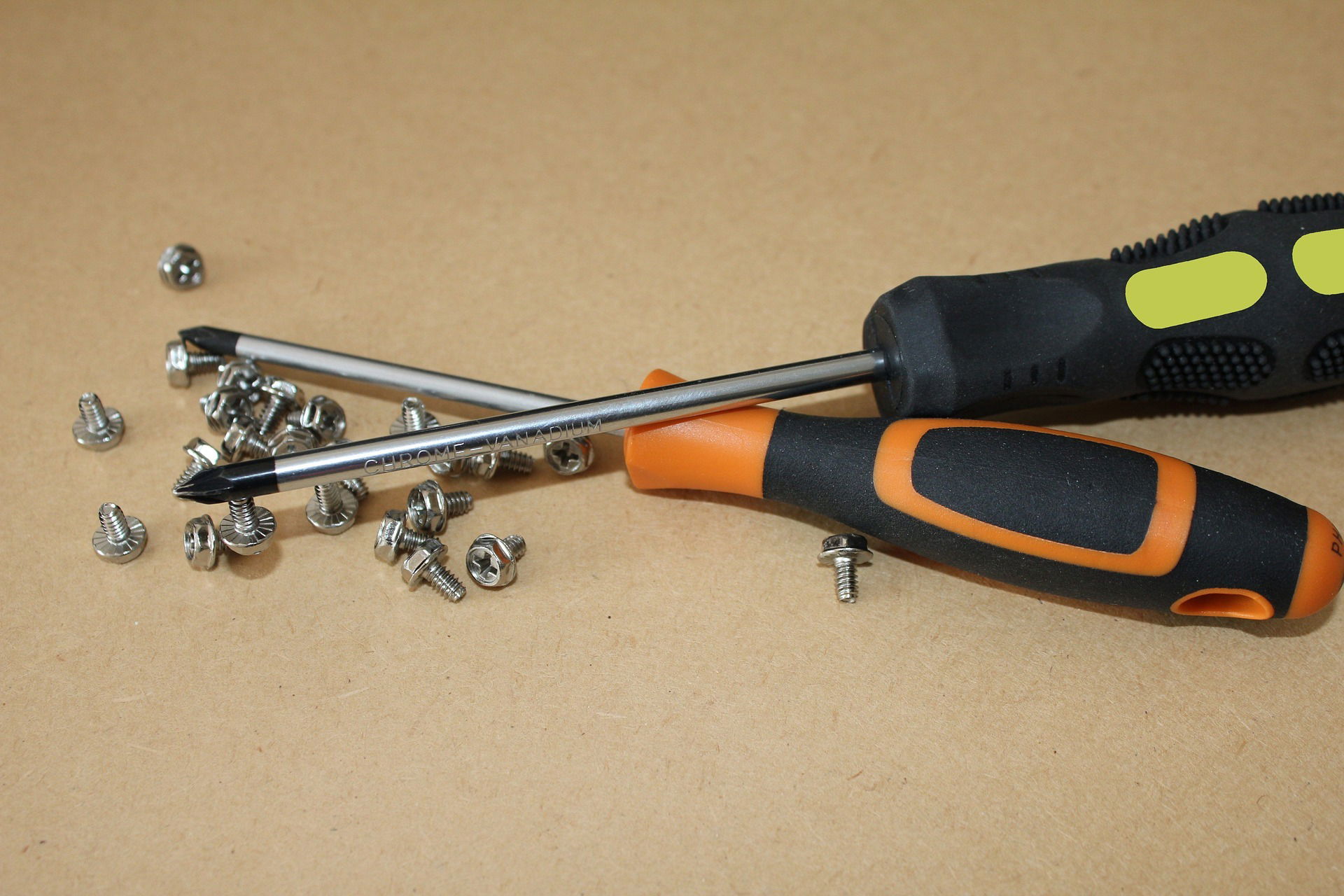The Benefits of Preventive Maintenance and How to Save Money in the Long Run

introduction
Preventive maintenance plays a vital role in keeping equipment, buildings, and vehicles in good condition, helping to reduce unexpected costs. Instead of waiting for major breakdowns to occur, preventive maintenance is performed regularly to maintain optimal performance and reduce the chances of serious problems. In this article, we'll discuss how investing in regular maintenance can prevent major breakdowns and save money in the long run.
What is preventive maintenance?
Preventive maintenance is a maintenance strategy that relies on periodic inspections and minor repairs to prevent major breakdowns. This process includes replacing worn parts, cleaning components, lubricating moving parts, and inspecting various systems to ensure efficient operation. This type of maintenance can be applied in various fields, such as:
- Industrial equipment : to maintain the efficiency of production lines.
- Buildings and infrastructure : to prevent deterioration and avoid the high costs of emergency repairs.
- Cars and Vehicles : To extend the life of the engine and essential parts.
- Electronic and home appliances : to ensure they continue to work for a longer period.
Benefits of preventive maintenance
1. Prevent major and sudden breakdowns
When maintenance is neglected, equipment and devices become more susceptible to sudden breakdowns that can lead to operational disruption or significant financial losses. For example, a car engine that hasn't been regularly maintained can fail completely and require replacement, which is much more expensive than regular oil changes.
2. Reducing repair and replacement costs
Emergency repairs are often expensive because they require purchasing new parts and possibly additional labor costs. Regular maintenance, on the other hand, ensures that parts are working efficiently and allows simple components to be replaced before they cause further damage.
3. Increase the lifespan of equipment and devices.
Regular maintenance extends the life of equipment and appliances, delaying the need for replacement. For example, a regularly maintained heating or cooling system can operate efficiently for up to 15-20 years, while a neglected system may only last 7-10 years.
4. Improve performance efficiency and reduce energy consumption.
Efficiently operating equipment consumes less energy and performs its function optimally. For example, cleaning air conditioner filters and maintaining motors can reduce electricity consumption, significantly lowering energy bills.
5. Enhancing safety and security
Preventive maintenance helps prevent accidents resulting from equipment failure, such as gas leaks, damaged car brakes, or structural collapse. This reduces potential risks and protects people and pr


